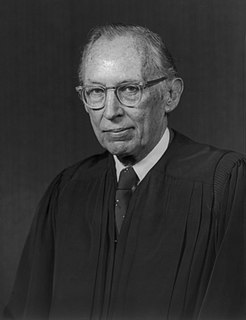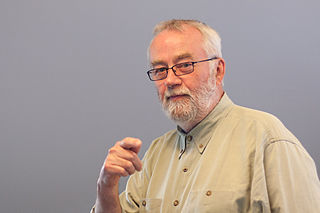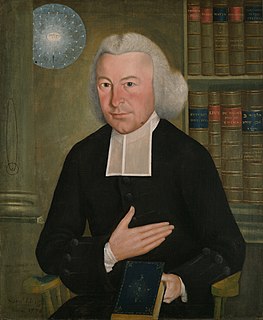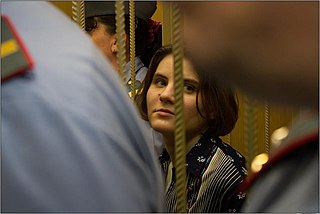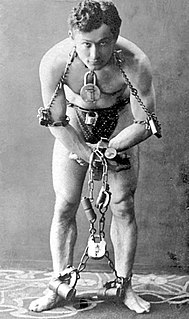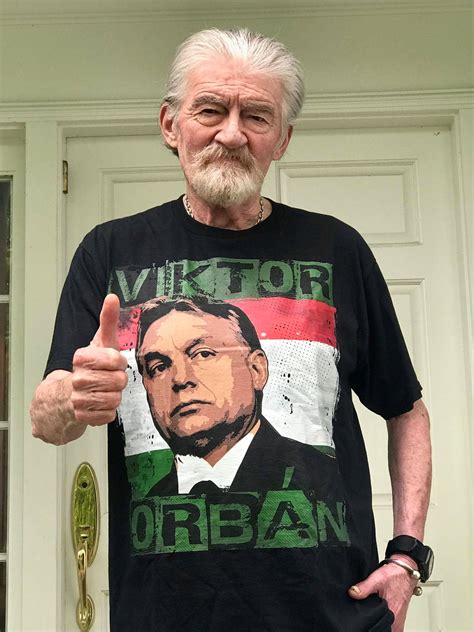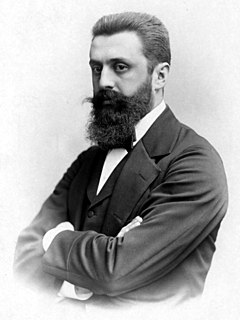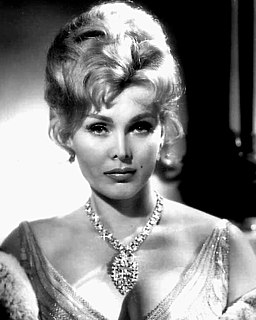A Quote by Anthony de Jasay
In the process of helping some (perhaps most) people to more utility and justice, the state imposes on civil society a system of interdictions and commands.
Related Quotes
Equal justice under law is not merely a caption on the facade of the Supreme Court building, it is perhaps the most inspiring ideal of our society. It is one of the ends for which our entire legal system exists...it is fundamental that justice should be the same, in substance and availability, without regard to economic status.
Think of civil society and the state as joined in a marriage of necessity. You already know who the wife is, the one who is supposed to love, cherish and obey: that's civil society. Think of the state as the domineering husband who expects to have a monopoly on power, on violence, on planning and policymaking.
[T]here are, at bottom, basically two ways to order social affairs, Coercively, through the mechanisms of the state - what we can call political society. And voluntarily, through the private interaction of individuals and associations - what we can call civil society. ... In a civil society, you make the decision. In a political society, someone else does. ... Civil society is based on reason, eloquence, and persuasion, which is to say voluntarism. Political society, on the other hand, is based on force.
I don’t think that anyone has really told (people) what design is. It doesn’t occur to most people that everything is designed--that every building and everything they touch in the world is designed. Even foods are designed now. So in the process of helping people understand this, making them more aware of the fact that the world around us is something that somebody has control of, perhaps they can feel some sense of control, too. I think that’s a nice ambition.
Civil society people - these are the people - civil society groups are the people who need to monitor the aid to ensure that the aid is directed to what it is supposed to. And in order for them to do so, they need to have the space, they need to have the freedom, and they need to have the right to demonstrate, and to petition their government. They can't do that in Ethiopia; they can't do that in Eritrea; and so this is why I was cautioning that we may be repeating some of our old mistakes.



